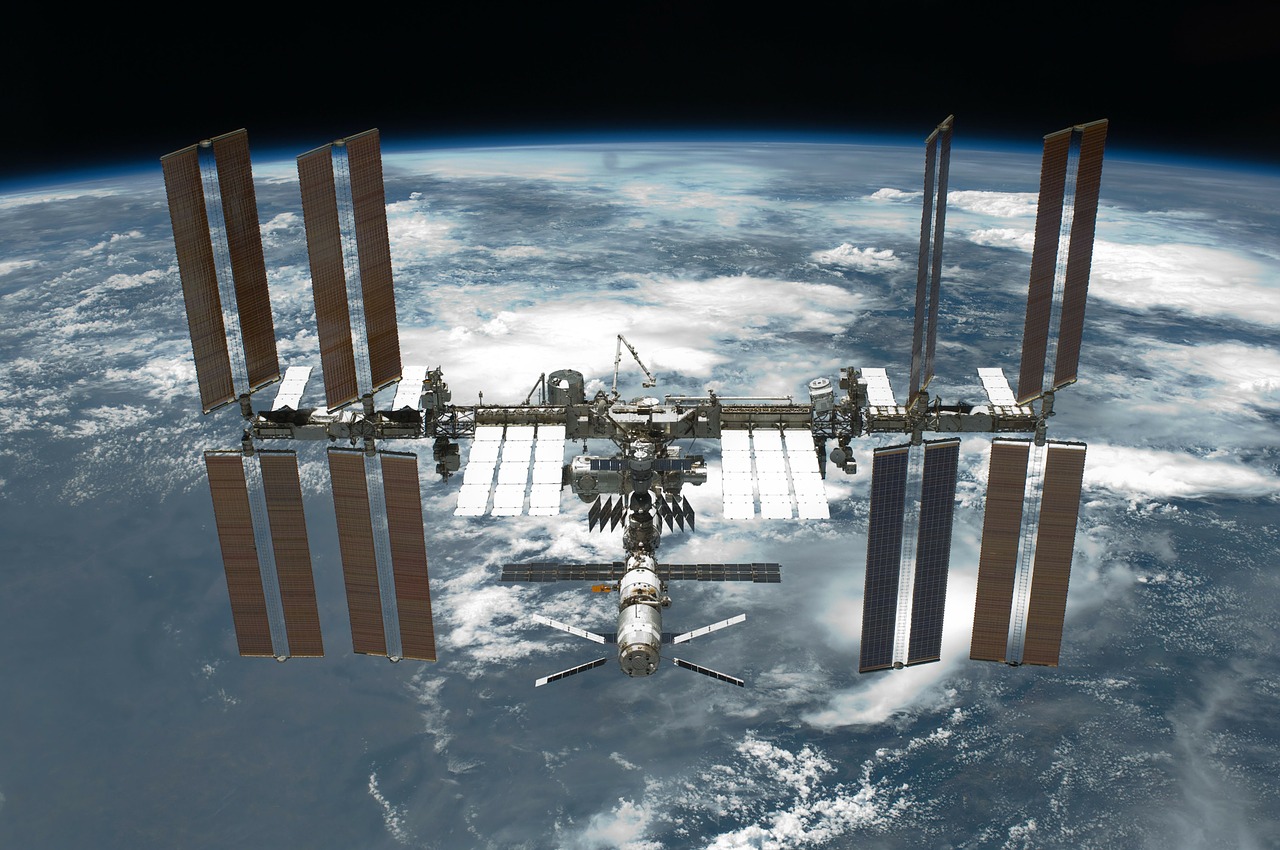Three members of the International Space Station Expedition 55 crew, including NASA astronaut Scott Tingle, returned to Earth Sunday after 168 days of living and working in low-Earth orbit.
Tingle, astronaut Norishige Kanai of the Japan Aerospace Exploration Agency, and cosmonaut Anton Shkaplerov of the Russian space agency Roscosmos landed at 8:39 a.m. EDT (6:39 p.m. in Kazakhstan) southeast of the remote town of Dzhezkazgan in Kazakhstan.
This mission was the first for Tingle and Kanai, and Shkaplerov now has logged 532 days in space on three flights. The crew completed hundreds of experiments, including materials testing, a study of the effect of microgravity on the bone marrow and research into plant growth in space.
https://www.youtube.com/watch?v=taoEFxhzs0Y
They also welcomed four cargo spacecraft delivering several tons of supplies and experiments. A SpaceX Dragon spacecraft arrived at the station in December, followed by another Dragon in April and Orbital ATK’s Cygnus resupply spacecraft in May. A Russian Progress cargo craft arrived at the station in February.
Tingle and Kanai ventured outside the station on separate spacewalks to perform work on parts of the Canadarm2robotic arm. They also participated in dozens of educational events as part of NASA’s Year of Education on Station.
Shkaplerov conducted a record-setting spacewalk in February with fellow cosmonaut Alexander Misurkin to replace an electronics box for a communications antenna on the Zvezda service module. The spacewalk timed out at 8 hours and 13 minutes – the longest in Russian space program history.
The Expedition 56 crew – Commander Drew Feustel and Ricky Arnold of NASA, and Oleg Artemyev of Roscosmos – will operate the station and prepare for the arrival of three new crew members on Friday, June 8. Serena Auñón-Chancellorof NASA, Alexander Gerst of ESA (European Space Agency), and Sergey Prokopyev of Roscosmos are scheduled to launch Wednesday, June 6, from Baikonur, Kazakhstan. NASA Television will broadcast the launch and docking to the space station.




